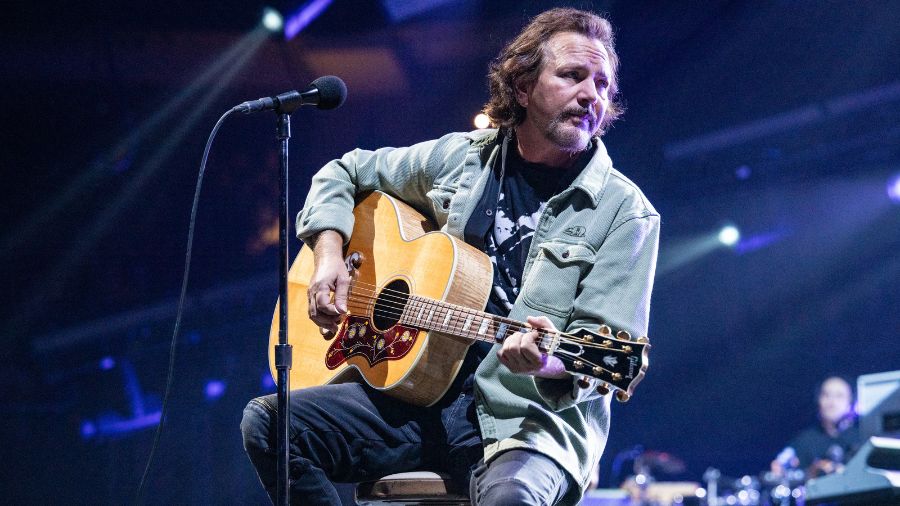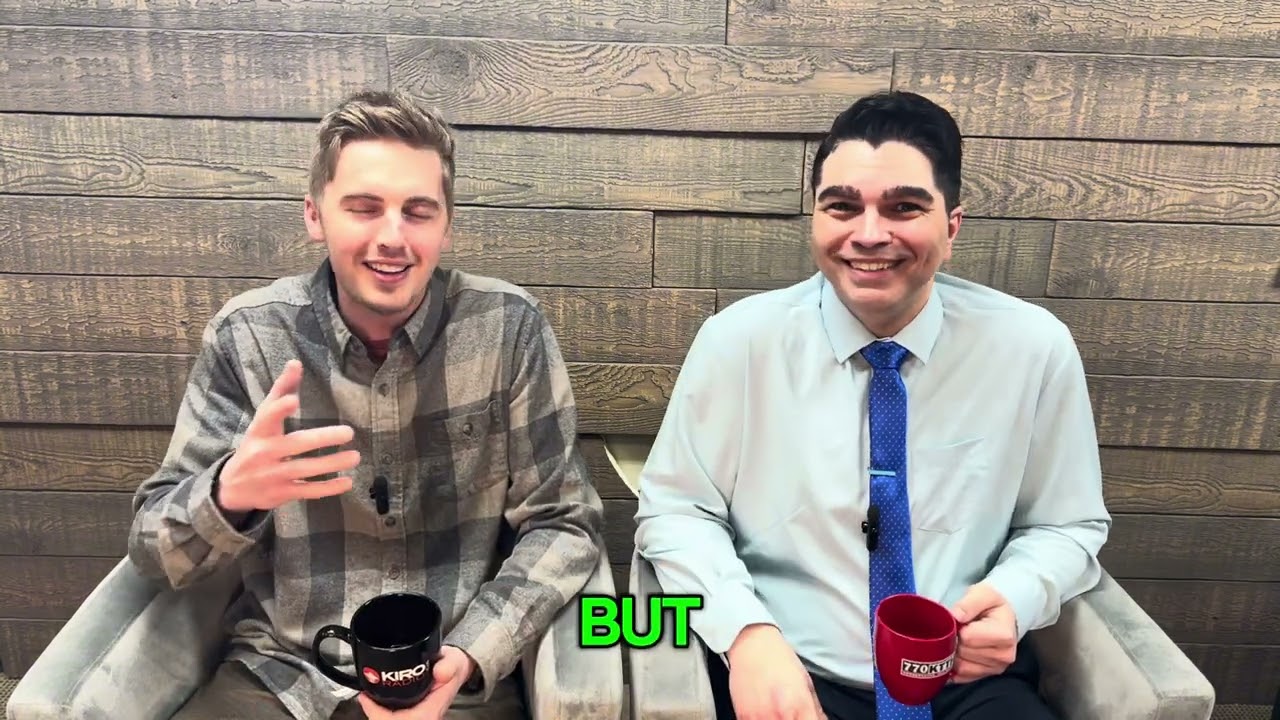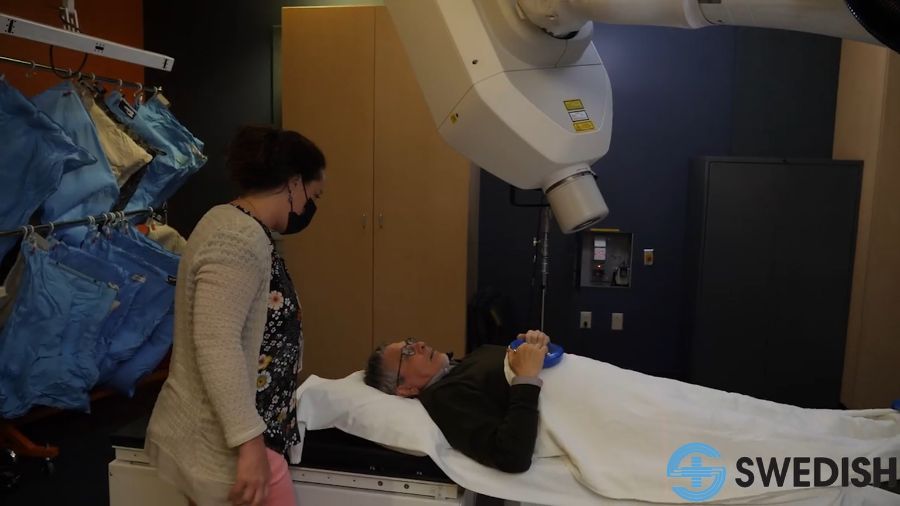Why increased spending appears not to be helping Seattle homelessness
Feb 21, 2021, 8:14 AM | Updated: Feb 22, 2021, 8:47 am

A homeless camp in South Lake Union. (Jason Rantz, KTTH)
(Jason Rantz, KTTH)
One of the perceptions has long been that Seattle is spending a great deal of money on homelessness and that residents are not seeing the needle move. Is the public concern about the spending versus the outcome a legitimate one?
Scott Greenstone from The Seattle Times has covered the issued a great deal and joined KIRO Nights to discuss.
“The first question I asked Jason (former leader of the Seattle Human Services Department, Jason Johnson) was when he started in 2018, the budget was under $90 million for homelessness, and now it’s $165 million for 2021. And of course, the problem obviously has not gotten better, so I think it’s a legitimate one. I don’t think there’s a lot of discussion out there about when we’re funding fixes versus funding like survival services,” he said.
One of these approaches was spending on improving shelters, and making them more than simply places for the homeless to sleep.
“So a lot of that money went toward making our shelters better. You know, most of our shelters in Seattle used to be just overnight. You get kicked out in the morning and you’re sleeping on a mat on the ground. And what Seattle tried to do is make it so that you could stay there longer, maybe all day if you need to, and rest up. You could store your stuff there, you know, look for a job, different things like that. That costs a lot more money.”
Is WA unemployment head ‘failing up’ with new role in Biden administration?
Greenstone says that part of the issue is that it’s often difficult to address some of the core issues behind homelessness, even with this much money.
“But I think at the same time, we’re talking about really big issues here that are much bigger than whether or not you build a shelter or make a shelter better, right? We’re talking about issues of serious mental illness, we’re talking about issues of affordable housing and all the cheap, really cheap, housing where people who lived on the lowest end of the earning spectrum used to live that, you know, that’s all gone around here too,” he said.
“We’re talking about huge economic plate movements, like giant shifts in waves. But you’re trying to sort of fix them with this little bucket of money.”
Listen to KIRO Nights weeknights from 7 – 10 p.m. on KIRO Radio, 97.3 FM. Subscribe to the podcast here.













